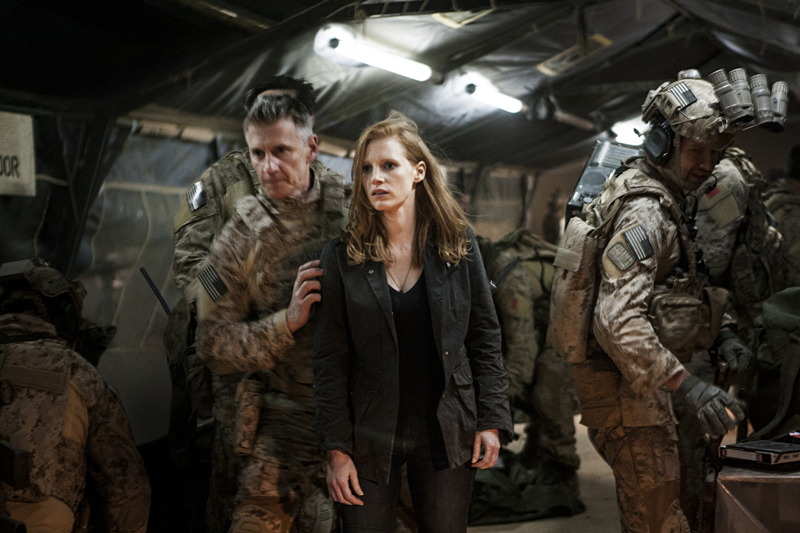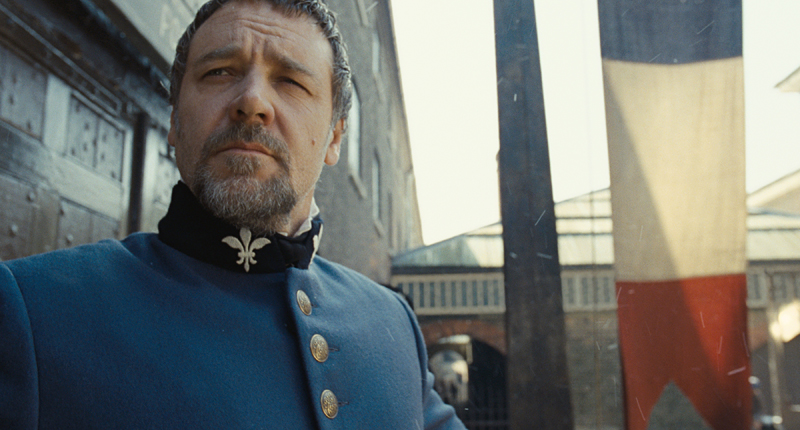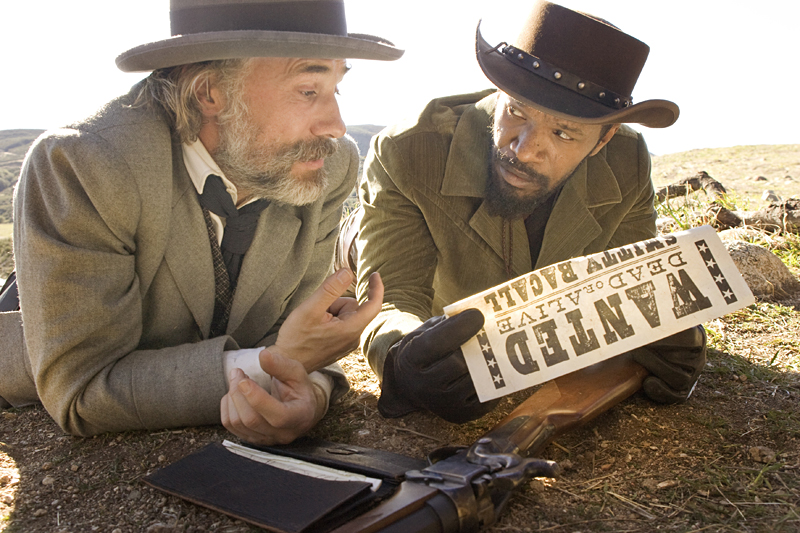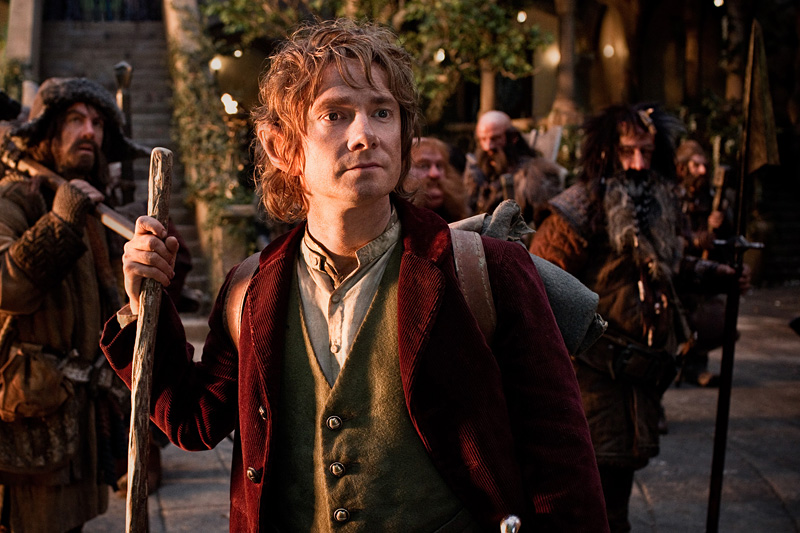“I do think the writing is pessimistic—all that stuff about life being a tragic experience,” says Angela Stark (played by newcomer Hayley Atwell) early in Woody Allen’s Cassandra’s Dream. An actress talking about the play she’s appearing in at a small London theater, Stark could just as well be describing Allen’s film, his 38th as writer-director and arguably the bleakest morality play in the bunch. From the Greek-tragedy overtones of its title to the furious string arrangements of Philip Glass’ typically metronomic score, Cassandra’s Dream announces even before the opening credits are over that everyone in the movie is uniformly doomed.
This is the third film Allen has made in London, following 2005’s Match Point and 2006’s Scoop, and it adheres fairly closely to the template of the former, in which an ambitious young tennis pro refused to let a little thing like murder slow down his rapid ascent in the British class system. This time, Allen gives us not one but two kids from the wrong side of the Thames—brothers Terry (Colin Farrell) and Ian (Ewan McGregor), who are stuck in dead-end jobs (Terry fixes cars, Ian helps out in the family restaurant) and longing for the good life.
In the movie’s opening scene, we see the siblings buying a boat with Terry’s winnings from a 60-to-1 dog-track long shot (called—what else?—Cassandra’s Dream), though before long, that same reckless gambling has gotten Terry up to his eyeballs in debt and dodging a couple of loan sharks who would gladly take his kneecaps for payment. Ian, meanwhile, schemes to invest in California hotels—a “surefire” deal, he says, that will also buy him and his actress girlfriend their tickets out of gloomy London.
Enter the brothers’ storied uncle Howard (Tom Wilkinson), a supposedly brilliant and fabulously wealthy surgeon of the plastic variety, who blows in from Beverly Hills (by way of China) and says he’d be more than happy to help his nephews out of their respective binds, provided they do one small favor for him in return: “get rid of” a former colleague who is about to give incriminating testimony against Howard in some sketchily defined “investigation.”
And so we arrive back at a couple of favored Allen themes: the vagaries of chance and the ethics of murder. It’s roughly the same thorny predicament in which the main characters of Match Point and Crimes and Misdemeanors (1989) found themselves, although here you feel the 72-year-old filmmaker working through it with greater inevitability. He never even bothers to reveal the full extent of Howard’s supposed wrongdoings, as if his profession alone were enough to account for his lack of scruples. And Allen has loaded up the screenplay with bits of dialogue that rather thuddingly encapsulate the movie’s cosmic view: “The whole of human life is about violence; it’s a cruel world, Terry,” says Ian, in an effort to egg on his skittish sibling. “Nobody wants to be selfish, but everybody is,” echoes the boys’ proud, working-class dad.
In those and other respects, Cassandra’s Dream (scheduled to open for an Oscar-qualifying run last month before being unceremoniously bumped to January) feels like one of Allen’s laziest pieces of writing and direction, leaden with heavy metaphor and characters who rarely make it beyond the archetype—marionettes in a miserablist puppet theater. And though it was probably being shot at around the same time, Allen’s film has been done no favors by arriving in theaters several months after Sidney Lumet’s vastly superior tale of bloodied family ties, Before the Devil Knows You’re Dead. Cassandra’s Dream isn’t an aggressively bad movie like the tone-deaf Scoop and Hollywood Ending (2002); it’s merely a monotonous one that lacks the mordant humor, Highsmithian intrigue, and rippling sexuality that made Match Point his strongest work in a decade.
Here, the pleasures are strictly incidental: Farrell, who plays his one-dimensional character with an affecting mixture of boyish naïveté and tragic inevitability, and the tall, lithe Atwell, whom Allen films as rhapsodically as he did Scarlett Johansson, and whose husky voice similarly ripples with unquenched desire. It’s a pity that both of them are stuck in roles at least one rewrite away from being worthy of their abilities.








